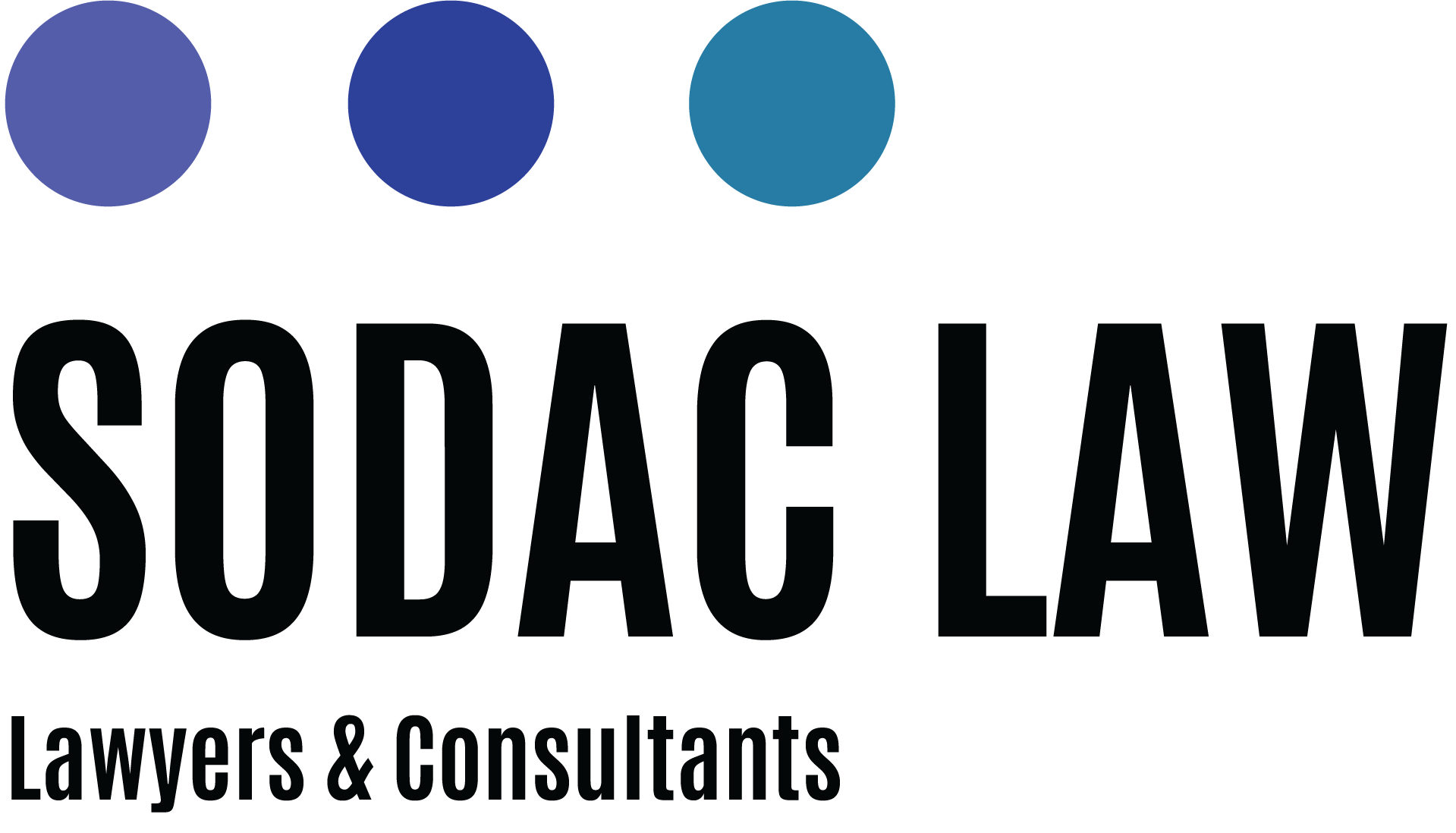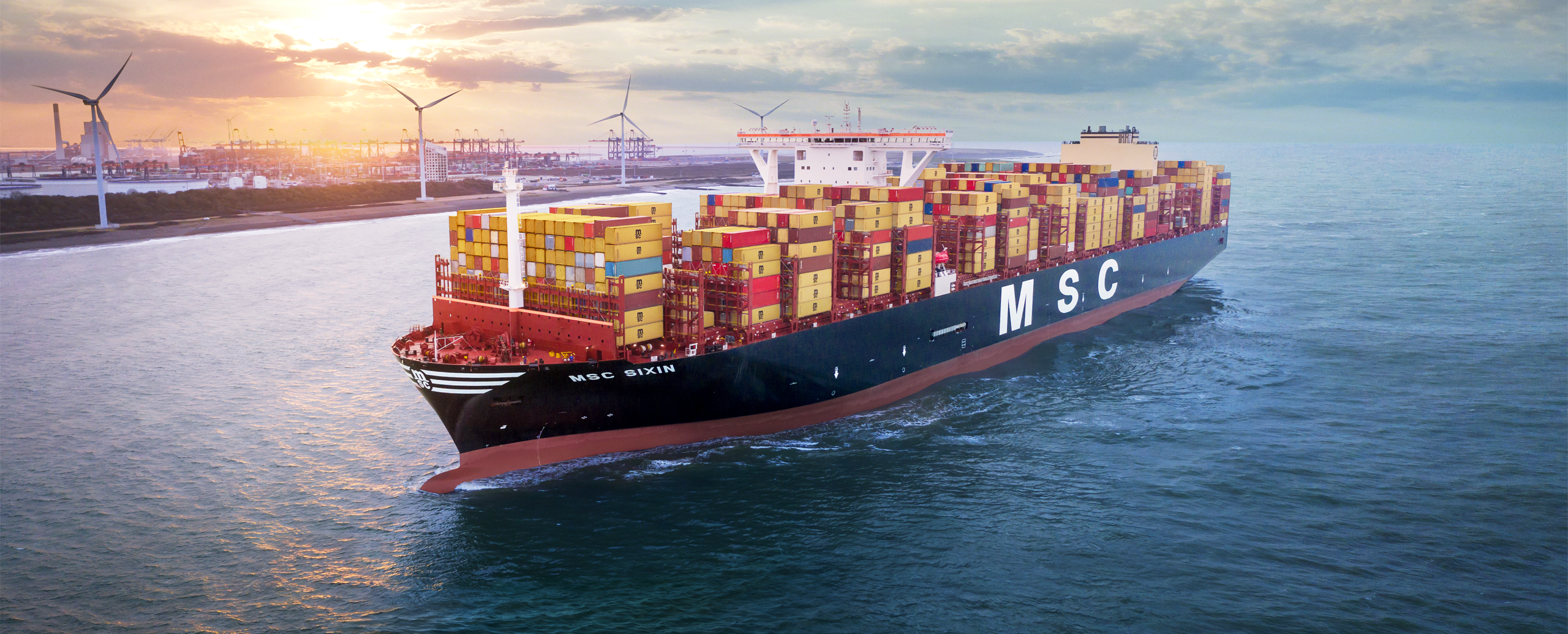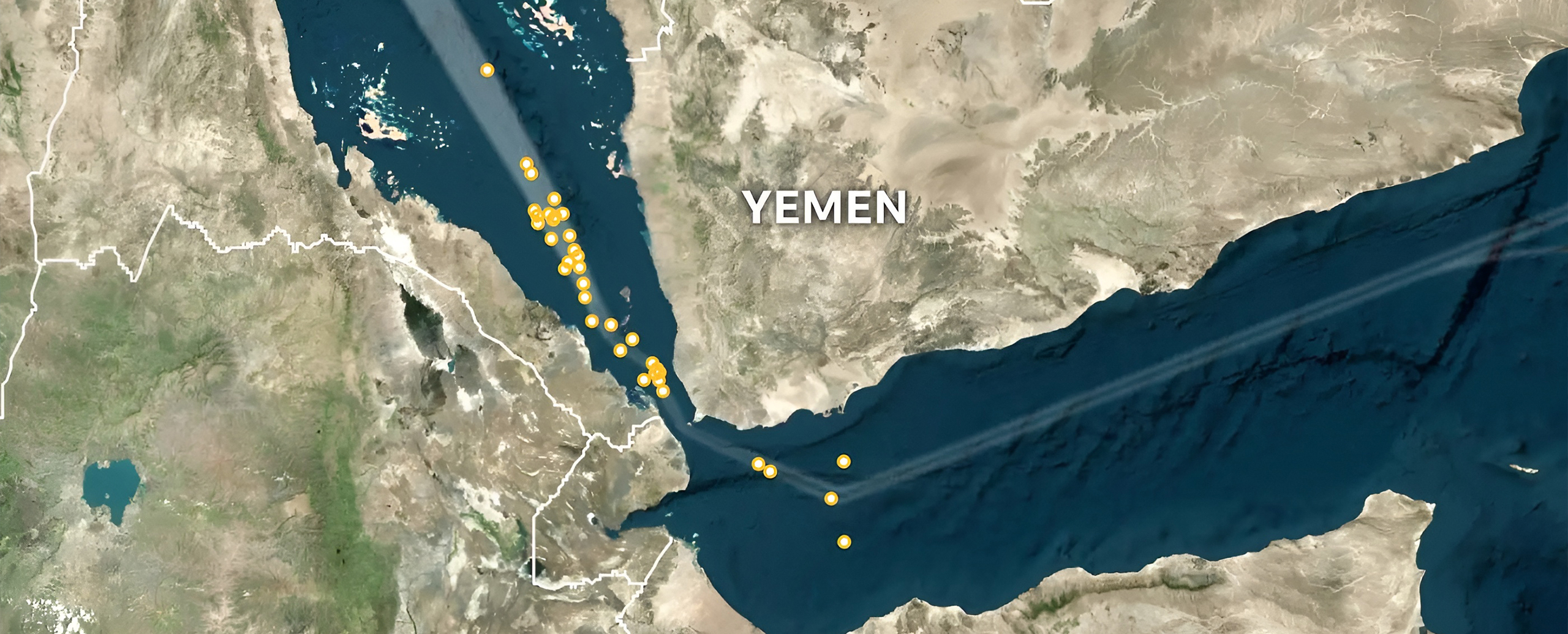EU ETS and BIMCO Solutions in Shipping: New Regulations and Sustainability
Climate change globally has become an increasingly pressing issue due to the rising levels of carbon dioxide emissions in the atmosphere. One significant response to this critical problem is the European Union’s strategic initiative known as the Emissions Trading System (ETS). Initially concentrating on the energy generation, industry, and aviation sectors, the ETS has subsequently expanded its scope to include the maritime sector, aiming to address challenges in this field.
To be more specific, the EU Emissions Trading Scheme (ETS) regulates greenhouse gas emissions by establishing specific emission limits for participants. It offers companies flexibility within these limits and promotes emission reductions by allowing the trading of emission rights. This market-based approach, devised by the Council of Europe, serves as a mechanism to achieve sustainability goals by reducing greenhouse gas emissions.
As a result, recent regulations from the International Maritime Organization (IMO) and the European Union have instigated changes in the maritime industry, prompting BIMCO to develop a set of new clauses under the Emissions Trading System (ETS). These innovations cover ships navigating between EU ports, irrespective of flag, as well as voyages between the EU and a third country.
BIMCO’s Documentary Committee has approved a new Emission Trading Scheme Allowances Clause for BIMCO’s ship management agreement, SHIPMAN, and three ETS clauses for Voyage Charter Parties published on December 8. The ETS clause for SHIPMAN aims to allocate costs and responsibilities between owners and managers, streamlining adherence to emission trading schemes. It encompasses the reporting of emission data and the transfer and surrender of emission allowances for ships under such a scheme, designed for inclusion in the forthcoming SHIPMAN revision anticipated in the first half of 2024.
BIMCO’s Documentary Committee has also endorsed three ETS clauses for voyage charter parties:
- ETS – Emission Scheme Freight Clause for Voyage Charter Parties 2023: This clause covers all costs related to surrendering Emission Allowances corresponding to the vessel’s emissions under the applicable Emission Scheme in the freight due under the Charter Party. Owners cannot seek recourse for these costs from Charterers upon full payment of freight, except in cases of Charterers’ breach of the Charter Party.
- Emission Scheme Surcharge Clause for Voyage Charter Parties 2023: The Emission Scheme Surcharge, representing the costs of the vessel’s emissions under the applicable Emission Scheme, is payable by Charterers in addition to freight. Upon full payment of the Emission Scheme Surcharge, Owners cannot seek recourse from Charterers for the costs of surrendering Emission Allowances, except in cases of Charterers’ breach.
- Emission Scheme Transfer of Allowances Clause for Voyage Charter Parties 2023: Charterers agree to transfer a specified quantity of Emission Allowances corresponding to the vessel’s emissions under the applicable Emission Scheme to Owners. Owners are not entitled to seek recourse from Charterers for the costs of surrendering Emission Allowances upon receiving the transferred quantity, except in cases of Charterers’ breach.
The newly introduced EU ETS clauses are designed for ship management agreements and passenger transportation contracts, aiming to clarify the responsibilities and costs between the parties.
Starting from 2024, with the EU Emissions Trading System becoming mandatory, one significant change will be the requirement of EU Permits for ships over 5,000 gross tons. In contrast, general cargo ships (400-5,000 gross tons) and offshore vessels will not be subject to the ETS until 2025. BIMCO’s new clauses offer stakeholders in the industry flexibility to adapt to various trade and business practices, while also imposing new responsibilities on shipowners to monitor, report, and sustainably manage their CO2 emissions.
Moreover, from 2026 onwards, the EU ETS will encompass other emissions such as methane and nitrous oxide, necessitating additional regulation and harmonization. In our perspective, BIMCO’s new ETS articles have the potential to contribute to a sustainable future for all those operating in the sector. It is critical for all stakeholders in the sector to adapt to the new regulations and initiate timely preparations to adjust to changing conditions.





Leave a comment